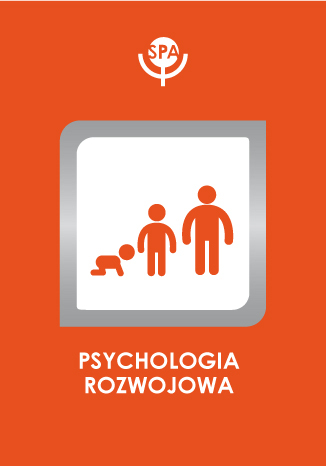Teenage girls perception of underweight vs obesity in terms of a disease

Beata Ziółkowska
DOI:10.14691/CPPJ.22.1.91
Rocznik: 2016 Tom: 22 Numer: 1
Strony: 91-107
Adipose tissue is an important component of the human body. Its thickness in girls increases significantly in adolescence, which naturally results in an increase in the body mass. Alarmed by this fact, teenage girls sometimes lose control over satisfying their nutritional needs, the more so because they grow up in a culture that promotes overconcentration on the size and shape of the human body, especially of the female body. As a consequence, the issue of a body mass that deviates from correct values is in the eyes of the teenage girls and their environment more often perceived in aesthetic or cosmetic categories rather than health-related. Meanwhile, both obesity and underweight with comorbid malnutrition are currently classified as diseases. The author of the paper conducted a study in which an attempt to diagnose cognitive representations of an incorrect – extremely low vs extremely high body mass in girls with underweight and obesity at the turn of the first and second stadium of adolescence was made.









 Pobierz pełny tekst
Pobierz pełny tekst



